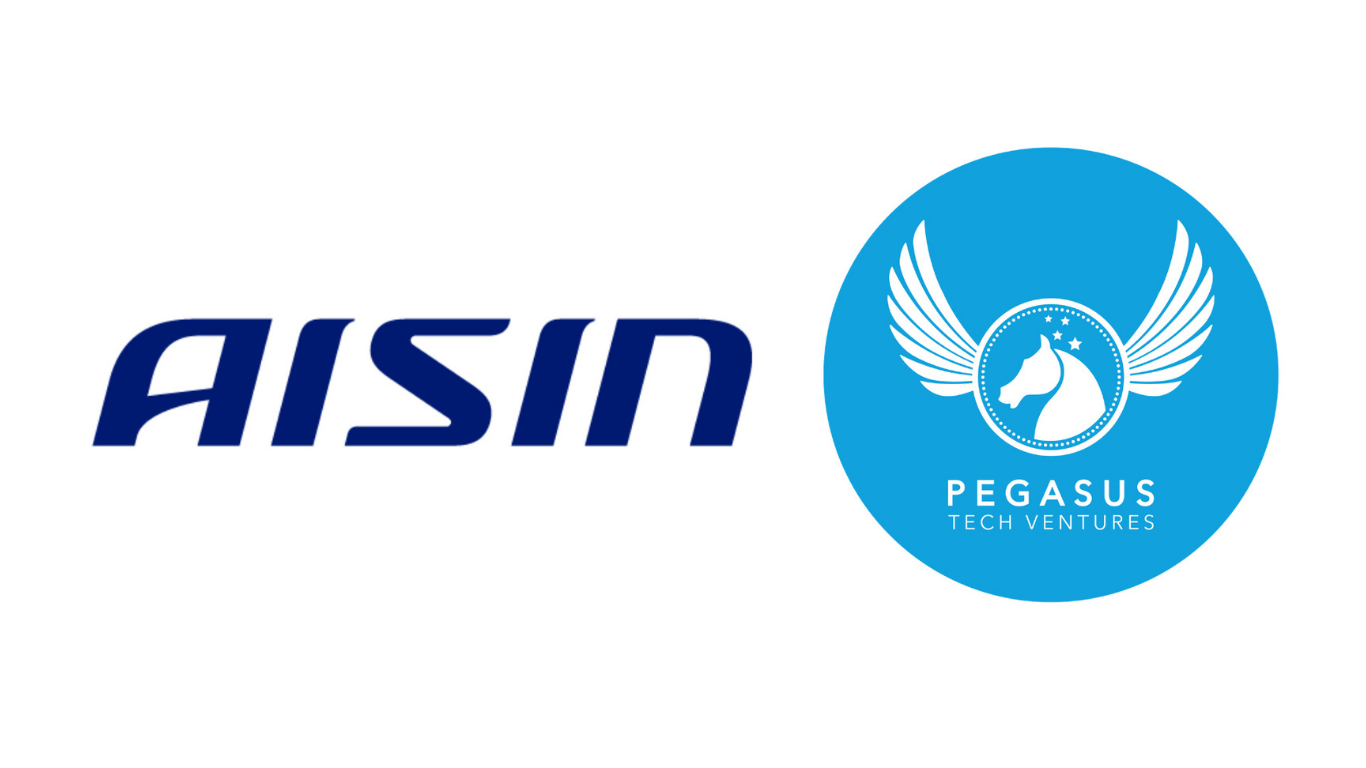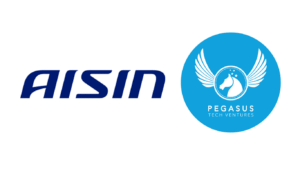Service companies thrive when they deliver value and build strong relationships with clients. Businesses today cannot rely solely on technical expertise or fast delivery. Client care now defines success because it determines loyalty, referrals, and long-term growth. Companies that embrace smarter approaches to client interactions secure an advantage that extends beyond the present and sets the foundation for sustainable success. Keep on reading to learn more!
Why Client Care Matters More Than Ever
Modern customers expect personalized experiences, quick responses, and genuine attention. Service firms that fail to meet these expectations risk losing clients to competitors who prioritize engagement and responsiveness. Loyalty no longer depends only on price or convenience. Instead, it rests on trust and the ability to make clients feel valued.
Strong client care provides measurable benefits. Retaining an existing client costs significantly less than acquiring a new one, and satisfied clients often become brand advocates. Companies that recognize this shift invest in strategies that enhance communication, accessibility, and tailored support.
Smarter Communication Strategies
Clear communication forms the backbone of client care. Service companies must respond promptly to questions, provide regular updates, and ensure that clients feel informed throughout every stage of a project or service.
Technology supports this by offering multiple channels such as email, text, and live chat, which allow clients to engage in the way that suits them best. For many businesses, using answering services for service firms strengthens availability. Clients never face unanswered calls, which demonstrates reliability and commitment. Maintaining consistent communication builds trust while ensuring that small concerns do not escalate into larger issues. Accessible communication shows clients that their needs remain a top priority.
Leveraging Technology for Better Experiences
Technology transforms how service companies deliver care. Automation tools handle routine tasks, freeing employees to focus on high-value interactions. Scheduling software, online portals, and self-service platforms empower clients to access information when convenient, creating a seamless experience.
Artificial intelligence contributes to smarter support by analyzing data and identifying patterns. Predictive analytics can highlight when a client may require additional attention or suggest opportunities for new services. These insights enable proactive care, where companies anticipate needs before clients express them.
Employee Training and Empowerment
Client care depends heavily on the people delivering it. Employees who feel supported, trained, and empowered provide better service. Training programs focused on empathy, communication, and problem-solving ensure that staff understand how to respond effectively to diverse client needs.
Empowerment allows employees to make decisions without unnecessary delays. When staff can resolve issues quickly, clients gain confidence in the company’s commitment to service. Investing in employee development strengthens the link between front-line interactions and long-term client satisfaction.
Consistency Across Every Touchpoint
Consistency distinguishes exceptional service companies from average ones. Clients expect the same quality of care whether they interact with a receptionist, a technician, or a manager. Inconsistent experiences create confusion and weaken trust.
Establishing clear service standards across all departments ensures uniformity. Written guidelines, performance metrics, and internal communication keep teams aligned. Consistency reassures clients that they can rely on the company at every stage, strengthening loyalty and credibility. Clear and predictable interactions build lasting client confidence and satisfaction.

The Role of Feedback in Improvement
Feedback provides valuable insight into how clients view a company’s performance. Regular surveys, follow-up calls, and open communication channels let clients share experiences and suggest improvements. Companies that listen actively to feedback demonstrate humility and a willingness to adapt.
Implementing changes based on feedback enhances client trust. When clients see their opinions lead to tangible improvements, they feel valued as partners rather than just customers. This process creates a cycle of improvement where client care continually evolves to meet expectations.
Building Trust Through Transparency
Transparency remains one of the most powerful tools for building strong client relationships. Clear contracts, honest timelines, and realistic expectations prevent misunderstandings. When challenges arise, companies that communicate openly about solutions maintain trust even in difficult situations.
Transparency also extends to pricing. Hidden fees or unclear estimates damage credibility, while upfront and honest discussions about costs establish integrity. Clients who trust a company’s honesty remain more loyal and forgiving when unexpected issues occur.
Service companies that prioritize smarter client care secure a future built on trust, loyalty, and growth. Strong communication, personalized attention, and consistent experiences create value that clients recognize and reward. Leveraging technology, empowering employees, and embracing transparency further enhance this relationship. By viewing client care as a long-term investment rather than a short-term strategy, companies future-proof their operations and create meaningful connections that withstand competitive pressures.
Article received via email





























